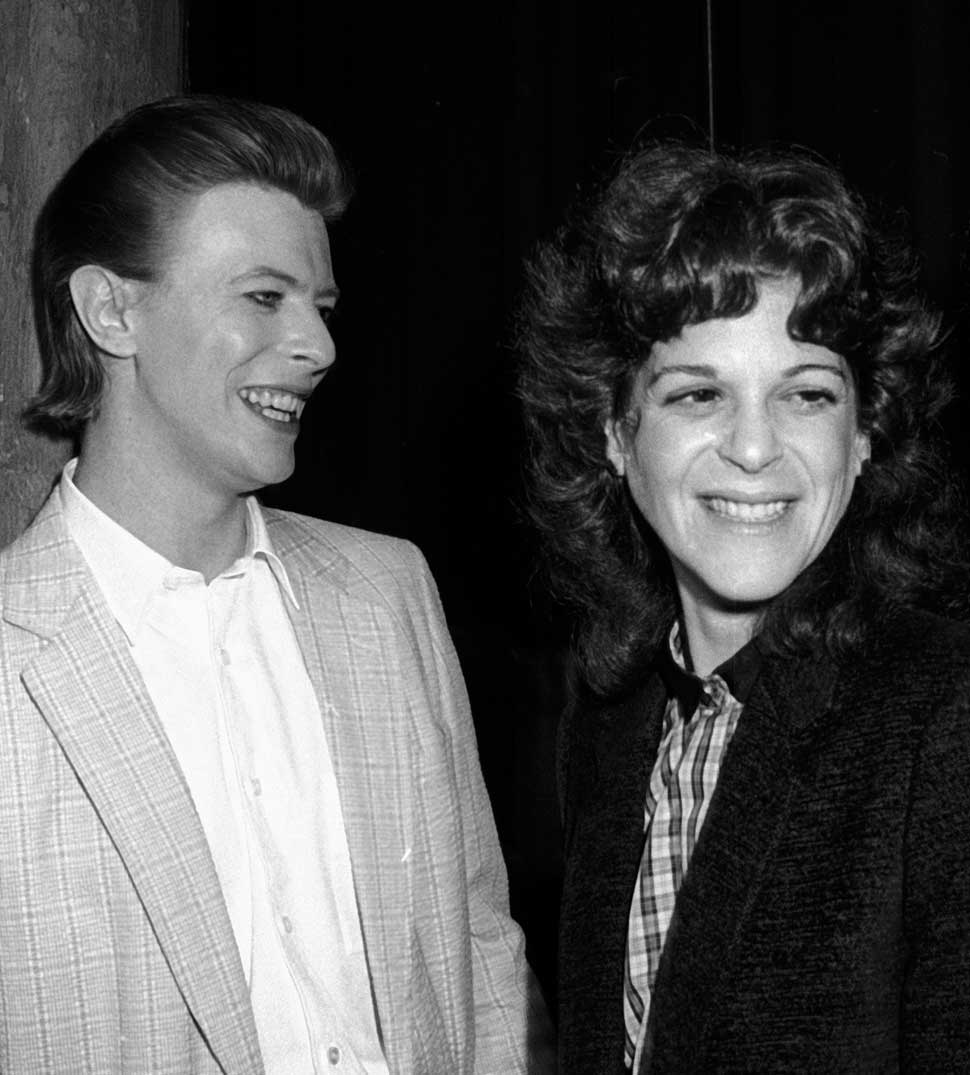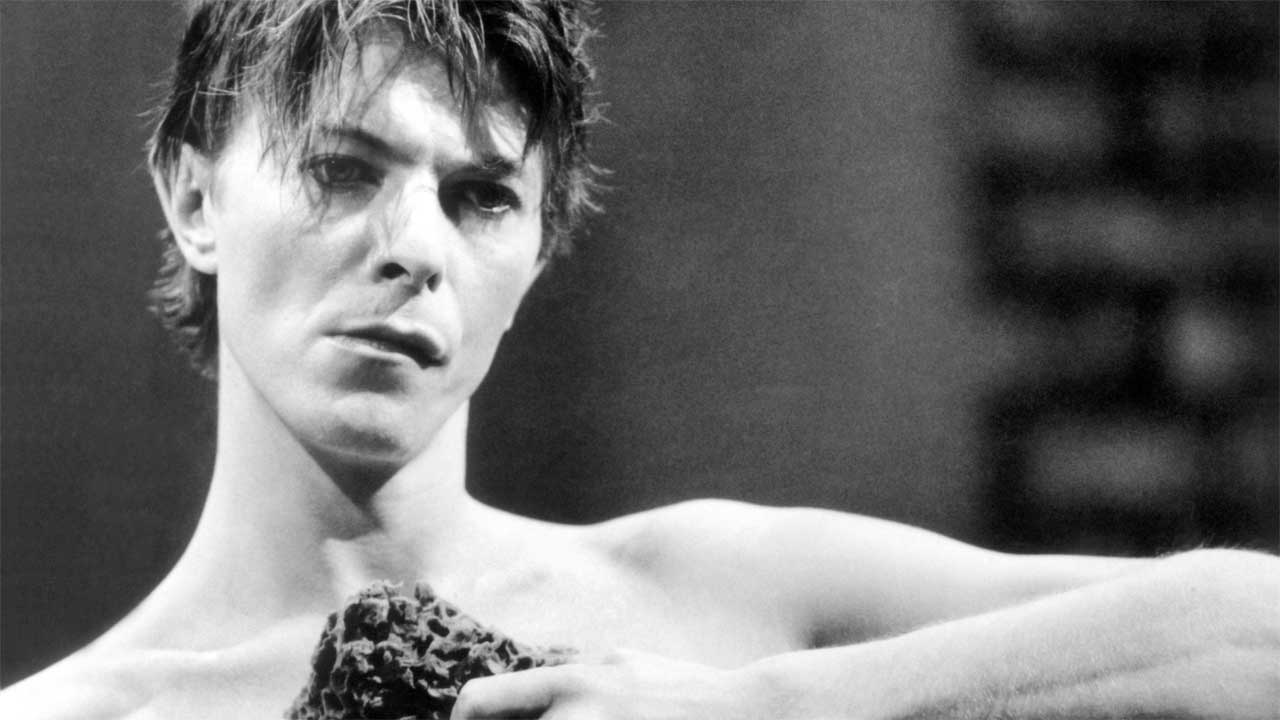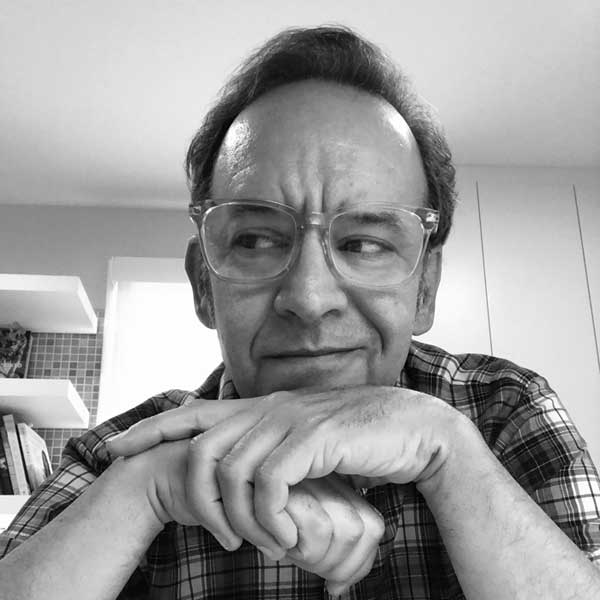Major Tom, Ziggy Stardust, Aladdin Sane, The Thin White Duke. Through the 1970s, David Bowie slipped in and out of artistic disguises every few years, reinventing himself with almost every new project. But in 1980, when he added the role of serious stage actor to his repertoire, it almost ended his performing career.
Bowie's ascent to the Broadway stage began in late 1979, when he met with director Jack Hofsiss, who was recasting his production of Bernard Pomerance's play The Elephant Man. Set in Victorian times, it's the true story of John Merrick, a disfigured man who was cruelly put into a carnival sideshow, then rescued and given a dignified life by a young surgeon.
Hofsiss had been impressed by Bowie's film work in The Man Who Fell To Earth, and felt he would understand Merrick's sense of otherness and alienation. “David's perceptions about the part and his interest were all so good that we decided to investigate the possibility of doing it,” Hofsiss said.
“I didn't think that I was qualified,” Bowie said. “Nor that I had any particularly masterful technique which would put me anywhere near a stage in a credible fashion but he had the audacity, or courage, to put me in that position.”
But as Bowie resumed his musical pursuits through early 1980, writing and recording the album that became Scary Monsters, the theatrical project was put on the back burner.
“I wasn't given a chance to get cold feet because the whole thing was forgotten about,” Bowie said. “I didn't hear anything more until two weeks before rehearsal. Hofsiss said, 'You're in – be over here in two weeks.' I had to say yes or no within 24 hours. I think that he knew that if I'd had time to think about it, I would have dropped out. He was very clever psychologically in forcing me to face an issue like that.”
In the brief time he had to prepare, Bowie memorised his lines, then visited the Royal London Hospital Museum, where they had Merrick's skeleton, and some related artefacts – his cap, burlap veil and his letters. Bowie interviewed one of the museum's archivists about how Merrick spoke and walked.
In mid-July, he flew to San Francisco to catch the last performance by Philip Anglim, the actor who he was replacing in the lead role. And then rehearsals began. In a way, it was a throwback to Bowie's life in the late '60s, when he studied mime and voice, and hung out with theatrical types.
The show opened out of town, in Denver, for a month, then played another three weeks in Chicago. Advance word on Bowie's performance was encouraging, with box office records broken at the theatres in both cities.
The Elephant Man began its run on Broadway at the Booth Theatre on September 23, 1980. A starry opening night audience included Elizabeth Taylor, Andy Warhol, Diana Vreeland and David Hockney. The reviews were glowing. The New York Times praised Bowie's performance as “splendid, ethereal and preternaturally wise,” while The Daily News said it was “piercing and haunted."
Over the next three months, sold-out performances ran six nights a week, with two additional matinees on Wednesday and Sunday. When Bowie looked back at his toast of Broadway period, he was incredulous that “a person as grasshoppery as me” was willing to commit so much time to one scripted show.

But then came tragedy. On Monday, December 8th, a night when the Booth Theatre was dark, Bowie's friend and collaborator John Lennon was shot in front of his apartment at the Dakota on the Upper West Side of Manhattan.
Reportedly, the murderer, Mark David Chapman, had been to see The Elephant Man two nights before and had photographed Bowie afterwards at the stage door. He bragged to his girlfriend that he could have killed either Lennon or Bowie. When police searched Chapman's hotel room, they found a program from The Elephant Man with Bowie's named circled in black ink, along with the Polaroid photo.
“I was second on his list,” Bowie said in 2010. “Chapman had a front-row ticket to The Elephant Man the next night. John and Yoko were supposed to sit front-row for that show too. So the night after John was killed there were three empty seats in the front row. I can't tell you how difficult it was to go on. I almost didn't make it through the performance.”
A distraught Bowie continued the run of the play for another three weeks.
Bowie's longtime guitarist Carlos Alomar, speaking about that time, told me, “He was just destroyed by John's death. You must understand that David was living in New York with his son. He had just gotten to a great place in his life where he was coming back. He felt comfortable walking around the city. And then you find out that your friend, who was also felt comfortable walking around, got shot and you were next.”
Upon his departure from The Elephant Man on January 4th, Bowie had planned an international tour behind Scary Monsters, along with a satellite link to movie theatres for select shows. But he scrapped it all and disappeared into seclusion in Switzerland. It would be two-and-a-half years before he would step on a stage again.

